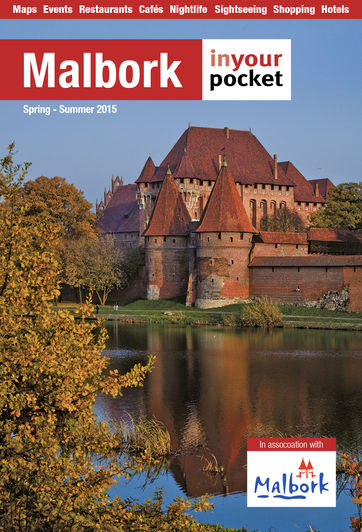Jump to:
Health & Safety
English, German and Russian speakers have the option of using separate lines specifically designed for foreigners in distress: dial +48 608 599 999 or + 48 22 278 77 77. Both numbers can be reached from a mobile phone or a land line and are hotlines in case you run into any troubles during your stay. The lines are active year round with later hours during the high-tourist season.Law & Order
While petty crime does exist, and travellers should be on guard against pickpockets, Poland is in general a safe place. There are some simple precautions you can take to avoid problems have encountered though. If you’re out keep your wallet inside your pocket, not inside a jacket casually lying around; if you’re travelling by car you are advised to use a guarded car park, which are reasonably cheap and to avoid being ripped off by opportunistic taxi gits make sure you use cabs clearly marked with their telephone number. Staying on the right side of the law yourself is also significantly easier for tourists who accept that Polish beer and vodka are rocket fuel and drink accordingly.Money
Thinking of paying for your tram ticket with one of the 100zł notes in your pocket? Think again. Small shops, newsagents, public toilets, even the occasional fast food franchise and bar, will refuse to break a large note for you. As annoying as coins can be, do carry small change for such moments. Notes come in denominations of 500, 200, 100, 50, 20 and 10 złotys, and there are 1, 2 and 5 złoty coins. One złoty equals 100 groszy which come in 1, 2, 5, 10, 20 and 50 groszy coins.Currency can be exchanged at airports, hotels, banks and anywhere with a sign proclaiming it to be a Kantor and you will also be able to withdraw currency at a bankomat using your ATM card. A Kantor will often provide better value than the banks in your home country or the ATM although for obvious reasons be very wary of Kantors in the airports, bus stations and close to tourist sights. Shopping around will reward you with the best rate.
Prices for food, drink, cultural venues and transport still remain comparatively cheap in contrast to Western Europe. A ticket to the theatre or cinema will rarely cost more than 20zł while admission to most museums costs around 5-10zł.
Toilets
Generally speaking, toilets in Poland come marked with a circle for women, and a triangle for men. Although the habit is gradually dying some restaurants and bars still charge a nominal fee for use of their facilities – no matter how much cash you’ve already spent in the establishment. This is a practice also used in train stations and most public conveniences. Keep small change handy.Water
Water in Poland is officially safe to drink although the quality of plumbing in many places can affect the quality of the water that is delivered from your tap. We therefore recommend that you use bottled water which is widely available and inexpensive. The best known bottled brands are Żywiec, Cisowianka, Kropla Beskidu and Nałęczowianka.In restaurants many tourists are surprised to find a glass of water is not compulsory, and ordering some typically results in the receipt of a tiny glass bottle that will barely wet your whistle. Beer is often a better bet since it's cheaper and arrives in larger quantities, but if you're set on having water it's best to learn the difference between gazowana (carbonated water) and niegazowana (still water).


